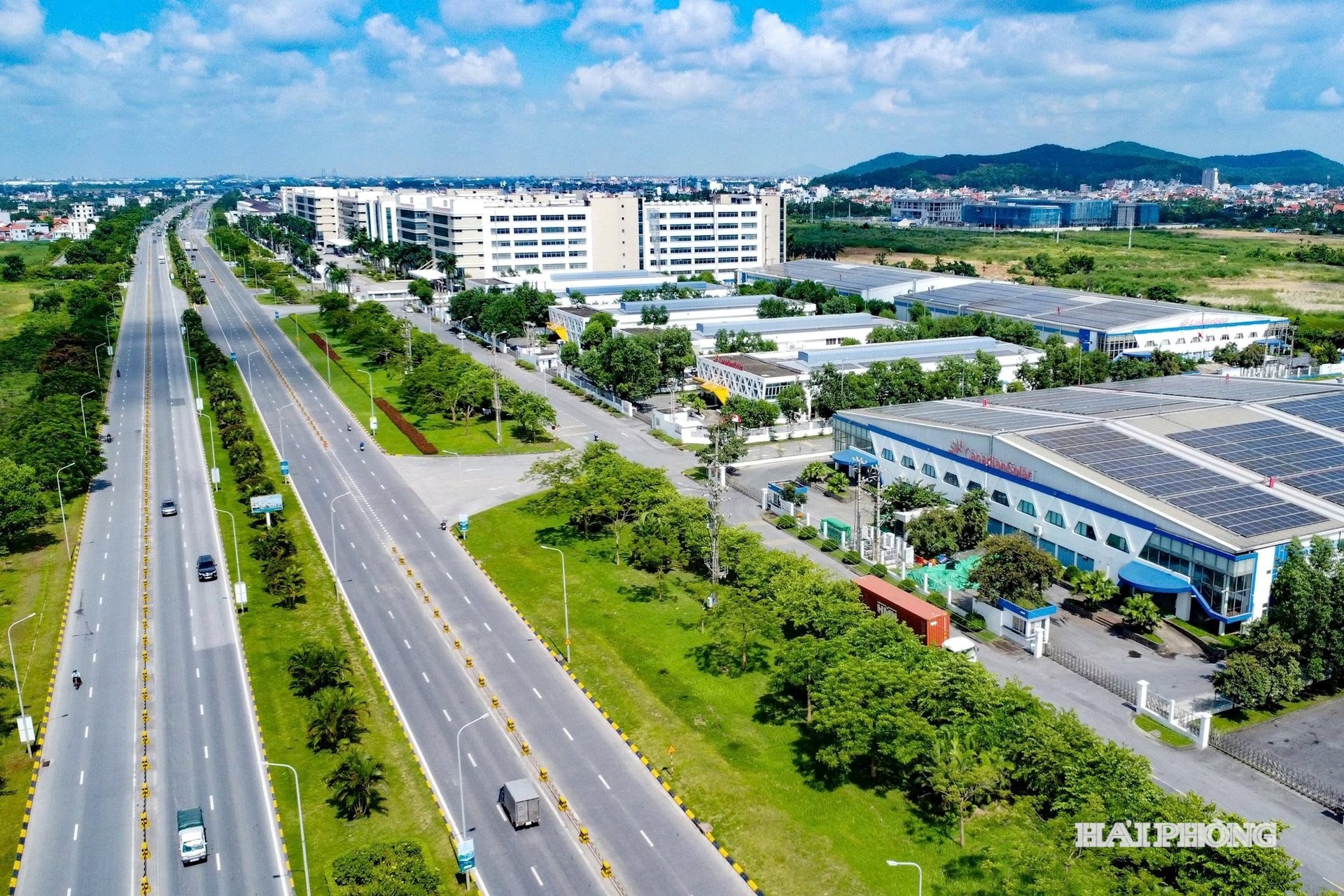
In photo: VSIP Industrial Park. Photo: TRUNG KIEN
In early August 2025, the National Assembly's Working Group No. 3, led by Comrade Le Quang Manh, Member of the Party Central Committee, Permanent Deputy Chairman of the Economic and Financial Committee, had a working session with the Hai Phong City government to monitor the implementation of environmental protection policies and laws since the Law on Environmental Protection 2020 came into effect. This is not only an annual legal monitoring activity but also an opportunity to comprehensively assess the outstanding progress as well as the difficulties and challenges in the sustainable development process of a key industrial city and seaport in the North.
Platform for green transformation
Hai Phong has allocated more than VND 3,900 billion for environmental protection in the period of 2021 - 2024, a figure that clearly demonstrates political determination and priority in the development strategy. This amount is reasonably allocated to the construction and upgrading of key projects such as centralized wastewater treatment plants, solid waste treatment plants meeting modern technology standards, along with automatic environmental monitoring systems to enhance control capabilities.
A notable highlight is that 100% of industrial parks and industrial clusters in the area operate wastewater treatment systems that meet environmental standards; many of which have applied the ecological industrial park model with synchronous solutions on waste management, emission reduction and recycling, contributing significantly to improving environmental quality.
Nam Cau Kien Industrial Park is a typical example of Hai Phong's green development direction. Here, solutions from wastewater management to greenhouse gas emission reduction are implemented synchronously, contributing to the formation of a circular economy towards the goal of development without harming the natural environment and public health. In parallel, the organization of household waste classification right from the source is also seriously implemented with a synchronous collection and treatment system, bringing practical effects in reducing pollution and improving the efficiency of resource use.
Positive achievements, challenges exist
According to the latest figures, Hai Phong has achieved a 100% collection rate of household waste in urban areas, collected, transported and treated hygienically. In rural areas, the collection rate is about 99%, of which the rate of treatment according to standards is about 87%, showing that there is still room for improvement in treatment efficiency, especially in non-urban areas.
Regarding clean water sources, the rate of clean water use in urban areas is almost absolute, while in rural areas, over 94% of households are supplied by centralized water systems, of which 74.4% meet the domestic water quality standards according to current regulations. However, improving the quality and scope of clean water supply is still an urgent requirement to ensure public health and sustainable development.
Besides those achievements, Hai Phong still has to face some problems: The cost of investing in waste treatment technology is still high, pollution control in some craft villages and industrial clusters is not uniform; awareness of waste classification and limiting the use of disposable plastic among a part of the population has not been raised sufficiently; in addition, the management of temporary landfills still has environmental risks.
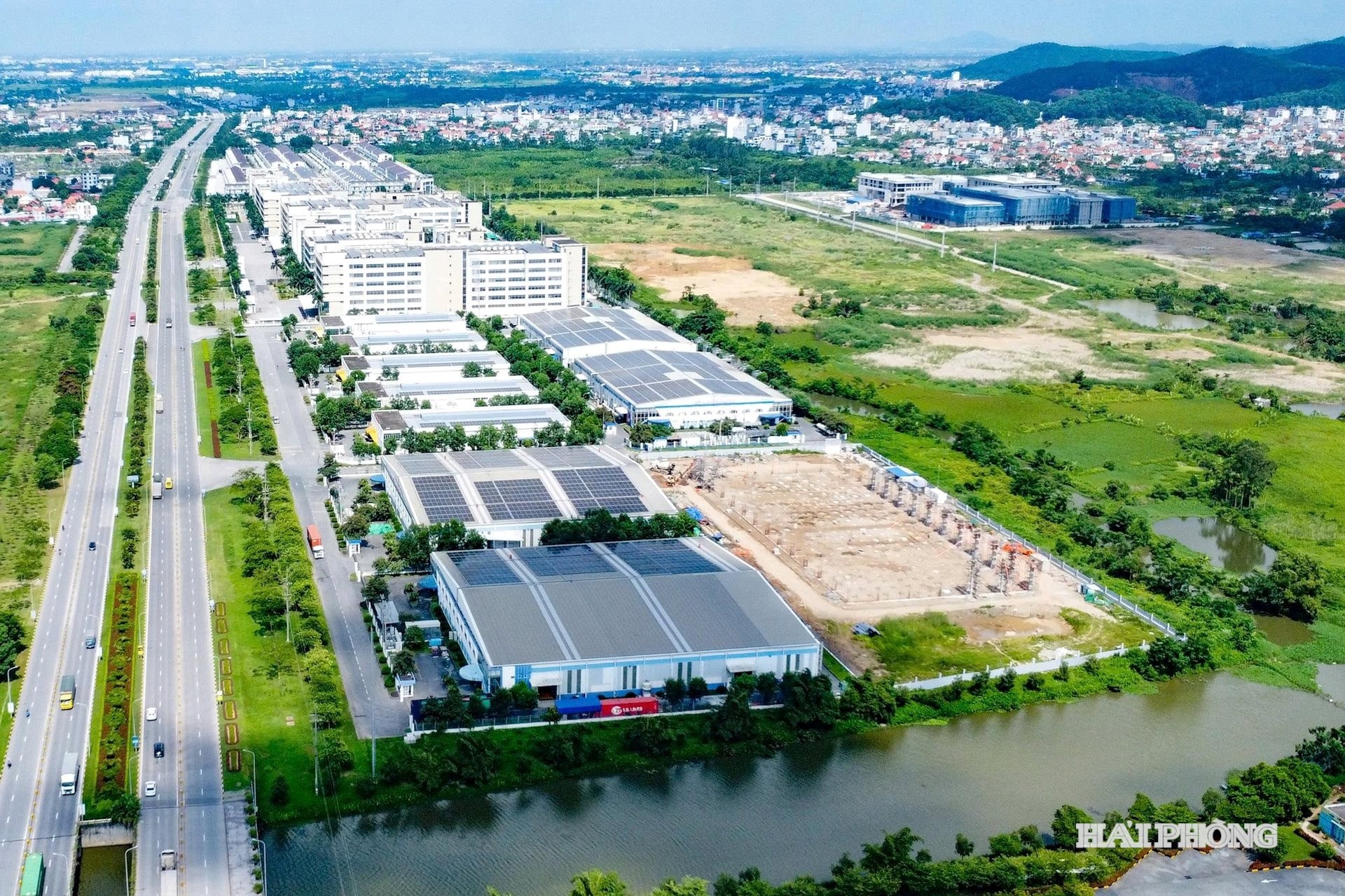
Breakthrough solution - 'Leverage' to improve efficiency
The National Assembly's monitoring delegation recommended that Hai Phong continue to improve the system of practical documents guiding the implementation of the Law on Environmental Protection, focusing on policies on waste classification, hazardous waste management and electronic waste treatment. In addition, mobilizing social resources outside the budget through the public-private partnership model, issuing green bonds and sustainable financial instruments is affirmed to be a strategic direction to increase the effectiveness of investment in environmental infrastructure.
Applying digital transformation in environmental management is considered a key to help publicize data transparency, enhance accountability of businesses and local authorities, thereby contributing to strict and timely environmental control and monitoring.
Along with technical solutions, raising public awareness and forming a strong environmental protection movement are prerequisites for sustainable development. In particular, it is necessary to promote the reduction of plastic waste, classify household waste and promote the circular economy, aiming at the dual goal of both economic development and preserving a green, clean and beautiful living environment.
Synchronous coordination – The driving force of sustainable development
To successfully build a "green front" in the area, consensus and close coordination between all levels of government, businesses and the community are decisive factors. Each individual needs to clearly understand their responsibility in protecting the environment, and join hands to act for the common good of society and future generations. This is also the strong message that the National Assembly's Supervisory Delegation sent when working in Hai Phong, affirming: Environmental protection is not only the task of managers but also the duty of all people.
Hai Phong has been building a solid foundation for green economic development, becoming a model of sustainable development in the Northern region. Significant achievements in environmental protection are a testament to high political determination, creativity in management and breakthroughs in technological innovation. However, the city needs to maintain dedication, continuously innovate thinking and improve management efficiency to maintain and expand the "green front" - a vital factor of sustainable development, contributing to the successful implementation of national environmental strategy goals and national development.
WEIGHTSource: https://baohaiphong.vn/hai-phong-xay-dung-phong-tuyen-xanh-520147.html



![[Photo] General Secretary To Lam attends the 50th anniversary of the founding of the Vietnam National Industry and Energy Group](https://vphoto.vietnam.vn/thumb/1200x675/vietnam/resource/IMAGE/2025/9/21/bb0920727d8f437887016d196b350dbf)













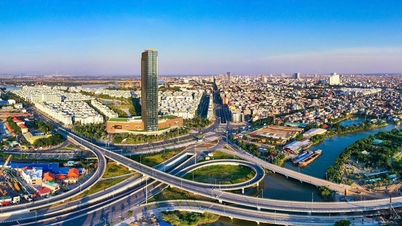
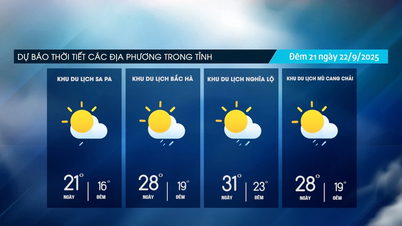


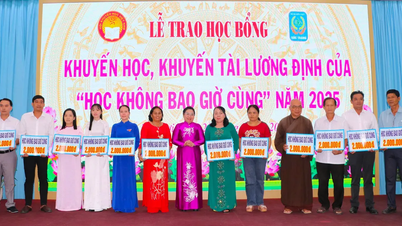








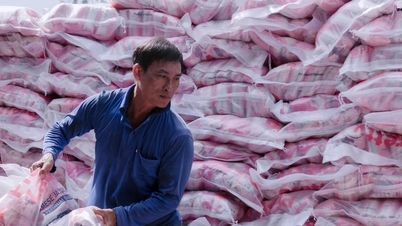

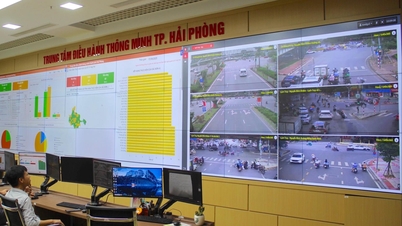











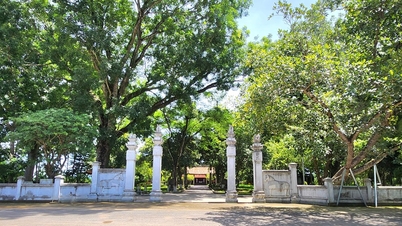



















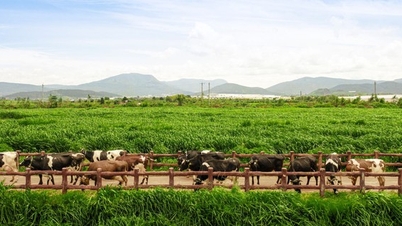

![[VIDEO] 50 years of Petrovietnam: Keeping the legacy alive, creating national energy](https://vphoto.vietnam.vn/thumb/402x226/vietnam/resource/IMAGE/2025/9/20/dff4ddb3d15a4076ba5f67fcdc6c7189)


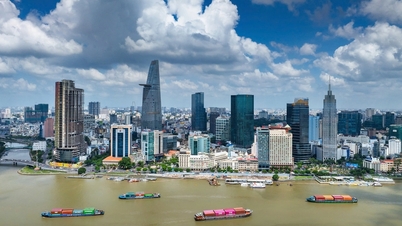






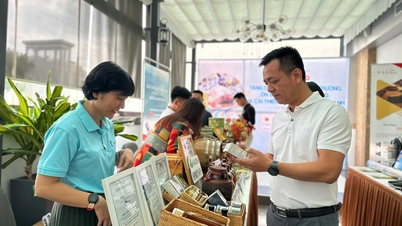







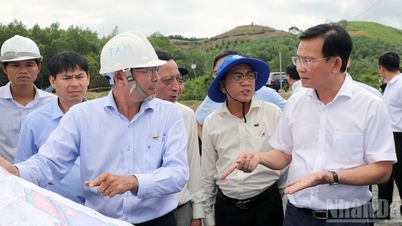

















Comment (0)